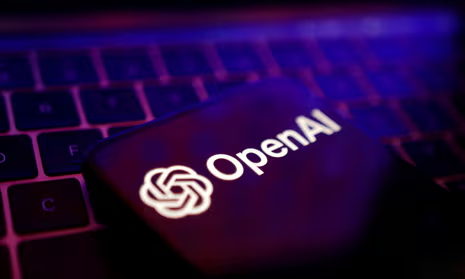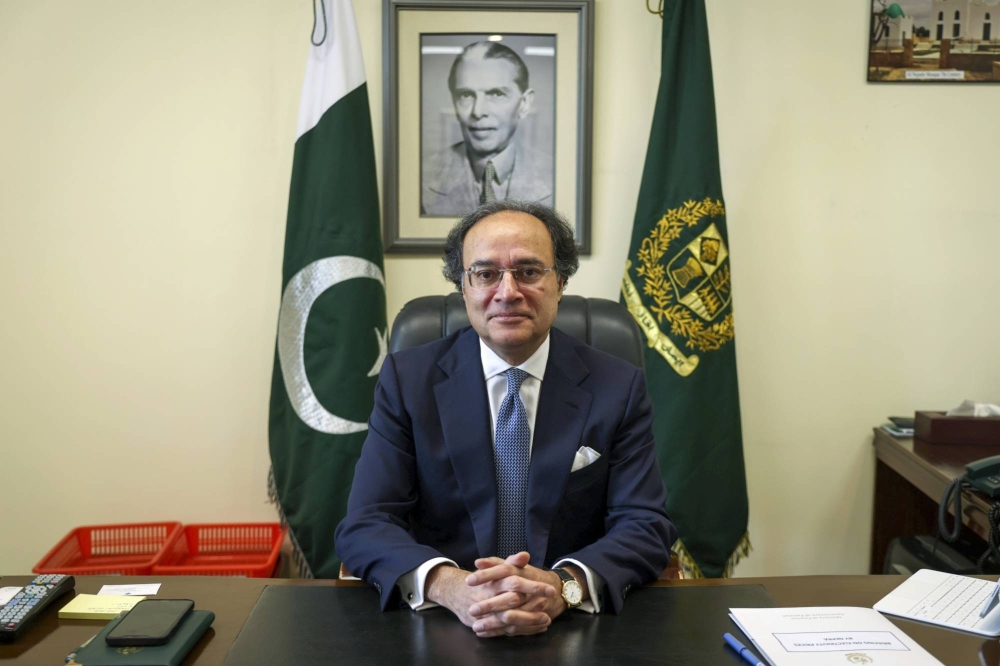The Supreme Court (SC) has dismissed the Khyber-Pakhtunkhwa government’s plea for a live broadcast of the NAB law amendments case as the apex court resumed its hearing on Thursday. The five-judge bench, headed by Chief Justice Qazi Faez Isa and comprising Justices Aminuddin Khan, Jamal Khan Mandokhail, Athar Minallah, and Syed Hasan Azhar Rizvi, is currently deliberating the federal government’s intra-court appeal.
The federal government has contested the majority verdict of the apex court from September last year, which ruled the amendments to the National Accountability Ordinance (NAO) 2002 as unlawful. Although Tuesday’s proceedings were aired live on the apex court’s website, the bench rejected the live broadcast request, with Chief Justice Isa emphasizing that the case is of a “technical” nature and not a matter of public interest.
During the previous hearing, the federal government’s counsel, Makhdoom Ali Khan, informed the court that the case was sub judice before the Islamabad High Court (IHC) and that an application against the NAB law amendments was filed on July 4, 2022, in the IHC. The court sought complete case records from the IHC, including the order, and inquired about the number of hearings conducted in the main case, to which Makhdoom revealed that there were 53 hearings.
Chief Justice Isa expressed intrigue over the prolonged proceedings, questioning how the case was accepted for hearing before the apex court while it was sub judice before the IHC. He also raised concerns about the suspension of laws through presidential ordinances, emphasizing the impact of such actions on the nation’s democratic processes.
In response to the proceedings, Attorney General for Pakistan (AGP) Mansoor Awan denied any attempts to intimidate the judges, refuting claims of threats and emphasizing the court’s independence.
The hearing has raised crucial legal and procedural questions, underscoring the significance of the case and its potential implications for governance and legal processes in the country.

















































